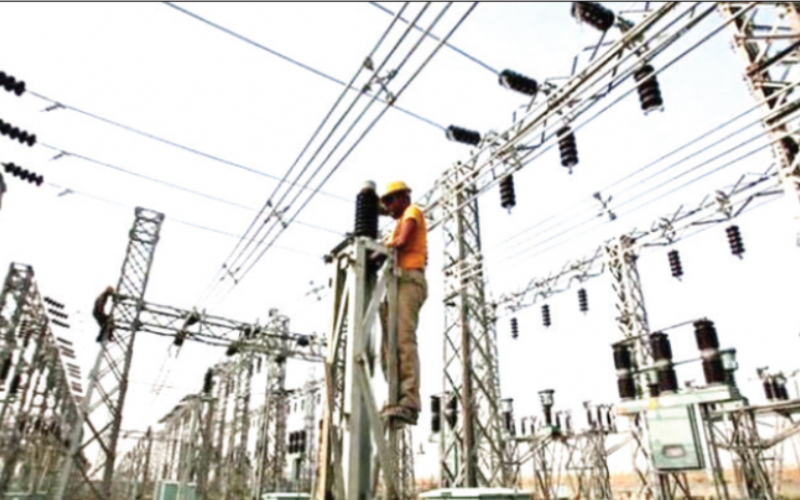The shortfall in electricity tariff payable by power consumers across the country is now about N2.5tn, while the average technical, commercial and collection losses of power distribution companies is projected to exceed N600bn this year, the Federal Government has said.
It stated this in a document put together by the Nigerian Energy Support Programme, and obtained in Abuja on Thursday.
The NESP is a Federal Government programme, co-funded by the German Federal Ministry for Economic Cooperation and Development and the European Union.
It provides advisory services to key stakeholders with regard to energy policy and management, and imparts technical knowledge in data management and electrification planning, sustainable energy access, capacity development, etc.
In the document, it was also stated that the Federal Ministry of Power, European and the German government had commenced the development of premium grids to boost electricity supply in Nigeria.
Premium grids are electricity distribution franchising projects bundled with embedded generation, or an additional generation source, which aim to deliver reliable power to end users.
On the deficit in payment of electricity bills across the country, the document indicated that this had continued to accumulate in the Nigerian Energy Supply Industry since 2015, describing it as an economic burden.
It read in part, “According to a recent Nigerian Energy Support Programme study, the Nigerian Energy Supply Industry has accumulated a tariff shortfall amounting to N2.5tn (over $6bn equivalent) since 2015.
“This is financed and/or subsidised by the Federal Government and/Central Bank of Nigeria through different mechanisms, and it has become a huge burden for the Nigerian economy.
“Additionally, the Discos are bearing the ATC&C losses shortfall, which is the difference between ATC&C targets at Multi-Year Tariff Order and the reality.”
The document stated that “only in 2021, it (ATC&C losses shortfall) was around N470bn (over $1.13m equivalent) and it is expected to exceed N600bn this year alone, becoming a major threat not only to the Discos, but to the entire value chain.”
The NESP document, however, stated that with the development of premium grids, some of the challenges inhibiting adequate power supply in Nigeria would be addressed.
It stated that the Federal Ministry of Power, with financial support from the European Union and the German government, developed the premium grids model under the NESP to ensure the provision of reliable electricity.
It explained that the premium grid model was a combination of franchising projects and embedded generation in ring-fenced areas for supplying reliable 24/7 electricity to customers.
“This concept has several benefits, not only for end-users but for Nigerian electricity distribution companies, power generation companies, private developers and Nigeria at large,” it stated.
It was gathered that so far, the NESP had supported three Discos, including the Abuja Electricity Distribution Company, Kaduna Electricity Distribution Company, and Kano Electricity Distribution Company, in piloting the development phase of premium grid projects.
Commenting on the development, the Minister of State for Power, Goddy Jedy-Agba, was quoted as saying, “The ministry continues to appreciate the EU and German government for their continuous support to the ministry toward its mandate of ensuring energy security in the most affordable and sustainable manner.
The minister said the premium grid concept was a welcome idea, as it would “provide reliable electricity access in urban residential and industrial clusters in Nigeria.”
SOURCE: PUNCH











